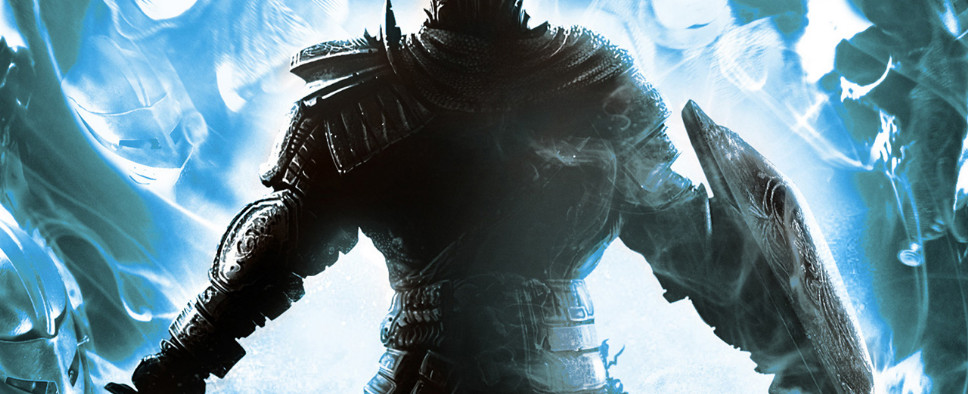Dark Souls Editorial: The Doomed Heroes of Dark Souls
-
Category: News ArchiveHits: 1661

An editorial on Kotaku takes a long and detailed look at the nature of heroism within the world of Dark Souls and explores the parallels the series has with the poem Beowulf. While you won't find any information on how to reach some secret boss or who his or hers second sister's nephew may be, the article is interesting because it tries to understand what exactly makes Dark Souls a great game. And that's not an easy task. Here are a few paragraphs:
Before Tolkien’s ‘Beowulf: The Monsters and the Critics’ the poem had often been criticised for its weak narrative structure — one moment, Beowulf is a young hero wrestling swamp people, the next he’s an old man facing an overgrown reptile. There’s no connection between the two, the critics complained, no narrative momentum pulling you from one silly creature feature to the next. But Tolkien argued that Beowulf was not a straightforward story, no epic poem at all, but used its static nature to create an elegiac effect. It shows both sides of a scale in balance: the hero’s rise and fall.
Beowulf is a ‘bad’ story in the same way Dark Souls, with its meandering paths, is a ‘bad’ game. In some ways Dark Souls 2 and 3 are more compelling experiences than the original, moving at a brisker, more exciting pace. But in the process of becoming ‘better’ in some ways they have lost much of what made Dark Souls unique.
Perhaps that is the final thing these great works share. Beowulf survives in just a single manuscript, and there are no comparable works — in 1731, a fire almost claimed it forever. Dark Souls too stands alone. Its many imitators and even its own sequels try to replicate its difficulty and compelling gameplay loops, but cannot copy its raw, haunting melancholy.
There’s something diffuse and fading about Beowulf’s world, almost like it’s scattering as you read the words, and Lordran has the same atmosphere. Beowulf is a look back at pagan Scandinavia through the eyes of Anglo-Saxon Christianity, while Dark Souls is a creative reinterpretation of a mythic, medieval Europe by a modern Japanese studio. They’re both dislocated in time and space, neither here nor there. A fitting place, then, for dying worlds and heroes.

